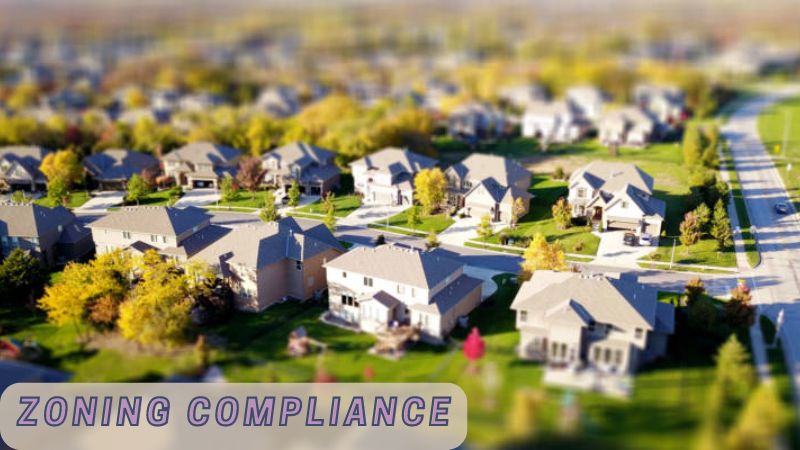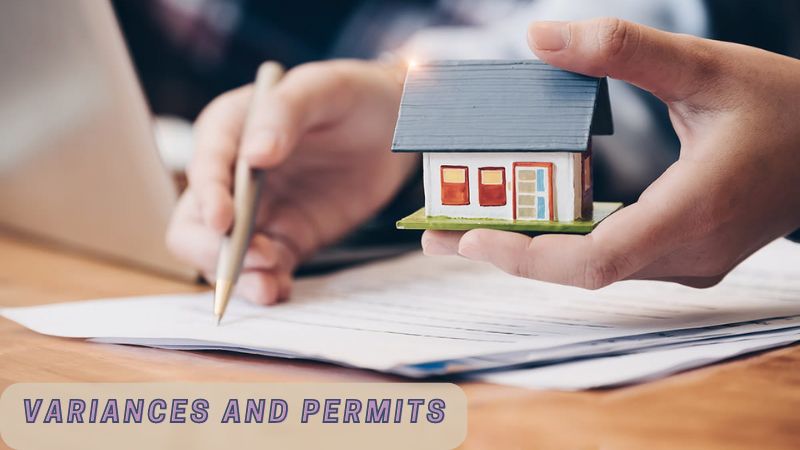In the intricate landscape of real estate development, one key player stands out for their expertise in navigating the often complex and ever-changing terrain of zoning regulations: the real estate attorney for zoning. These legal professionals serve as invaluable guides for property owners, developers, and investors seeking to unlock the full potential of their real estate assets while ensuring compliance with local zoning laws. Let’s delve into with Law.fastnovels.net the multifaceted role of a real estate attorney for zoning and explore how they assist clients in achieving their development goals within the parameters of regulatory frameworks.
The Role of a Real Estate Attorney for Zoning
1. Zoning Compliance:
At the core of their responsibilities, real estate attorney for zoning are tasked with ensuring that proposed land use and development projects align with local zoning ordinances. This involves a meticulous review of zoning codes, ordinances, and land use plans to ascertain the permissible uses of a property. By meticulously scrutinizing zoning regulations, these attorneys provide clients with a clear understanding of what can be built or modified on a specific piece of land, thus laying the groundwork for successful development endeavors.

2. Due Diligence:
Thorough due diligence is essential in real estate transactions, and it is particularly crucial when it comes to zoning matters. Real estate attorneys for zoning conduct comprehensive assessments of properties to identify any zoning restrictions, easements, or other legal encumbrances that may impact their use or development potential. By uncovering potential obstacles early in the process, these attorneys empower clients to make informed decisions and mitigate risks associated with zoning-related issues.
3. Variances and Permits:
Securing variances, special use permits, rezoning approvals, or other necessary permits from local government authorities can be a daunting task without the guidance of a seasoned real estate attorney for zoning. These legal professionals possess the expertise to navigate the intricate maze of bureaucratic processes and regulatory requirements involved in obtaining zoning-related approvals. Whether it’s presenting a compelling case for a variance or navigating the complexities of the permit application process, real estate attorneys for zoning advocate tirelessly on behalf of their clients to achieve the desired outcomes.

4. Land Use Planning:
Strategic land use planning is essential for optimizing the value and potential of real estate assets. Real estate attorney for zoning collaborate closely with clients to develop comprehensive land use strategies that align with their objectives while remaining compliant with zoning regulations. Whether it involves exploring mixed-use development opportunities, density bonuses, or other zoning incentives, these attorneys leverage their expertise to craft tailored solutions that maximize the value of clients’ properties.
5. Negotiations and Dispute Resolution:
Zoning-related disputes and negotiations are par for the course in the realm of real estate development. Real estate attorney for zoning serve as skilled negotiators, representing clients in discussions with government agencies, neighboring property owners, or other stakeholders. Whether it’s resolving conflicts over zoning interpretations, negotiating development agreements, or addressing community concerns, these attorneys employ their expertise to advocate for their clients’ interests and facilitate mutually beneficial resolutions.
6. Environmental Compliance:
Environmental regulations play a significant role in land use and development projects, adding another layer of complexity to zoning considerations. Real estate attorneys for zoning possess a deep understanding of environmental laws and regulations, ensuring that clients remain compliant with relevant requirements. Whether it’s navigating wetlands regulations, conducting environmental impact assessments, or addressing concerns related to endangered species habitats, these attorneys provide invaluable guidance to clients navigating the intersection of zoning and environmental compliance.
7. Development Agreements:
Drafting and negotiating development agreements, easements, covenants, and other legal documents are integral aspects of real estate development projects. Real estate attorneys for zoning play a vital role in crafting these agreements to ensure that all parties’ rights and obligations are clearly defined and legally enforceable. From negotiating land use restrictions to addressing infrastructure requirements, these attorneys help clients navigate the intricacies of development agreements with precision and expertise.

8. Appeals:
In the event of adverse zoning decisions or enforcement actions, real estate attorney for zoning is prepared to advocate for their clients through administrative appeals or litigation proceedings. Drawing on their extensive knowledge of zoning laws and regulations, these attorneys craft compelling legal arguments to challenge unfavorable outcomes and protect their clients’ interests. Whether it involves challenging zoning denials, defending against enforcement actions, or seeking judicial review of administrative decisions, these attorneys leverage their litigation skills to achieve favorable outcomes for their clients.
9. Community Engagement:
Effective community engagement is essential for gaining support and approval for development projects. Real estate attorneys for zoning play a pivotal role in engaging with community stakeholders, neighborhood associations, and participating in public hearings to advocate for clients’ interests and address concerns related to proposed developments. By fostering open communication and addressing community feedback, these attorneys help build consensus and facilitate successful project outcomes.
10. Land Use Litigation:
Despite best efforts to navigate zoning regulations diligently, disputes may sometimes escalate to litigation. Real estate attorney for zoning is well-equipped to handle such scenarios, representing clients in land use litigation proceedings with skill and tenacity. Whether it involves resolving disputes over zoning interpretations, defending against legal challenges to development projects, or pursuing remedies for zoning violations, these attorneys leverage their litigation expertise to protect their clients’ rights and interests.
Summary
In conclusion, the role of a real estate attorney for zoning is multifaceted and indispensable in the realm of real estate development. From ensuring zoning compliance to navigating regulatory hurdles, negotiating agreements, and advocating for clients’ interests in disputes, these legal professionals serve as trusted advisors and advocates throughout the development process. With their expertise and strategic guidance, real estate attorneys for zoning empower clients to unlock the full potential of their real estate assets while navigating the complexities of zoning regulations with confidence and precision.